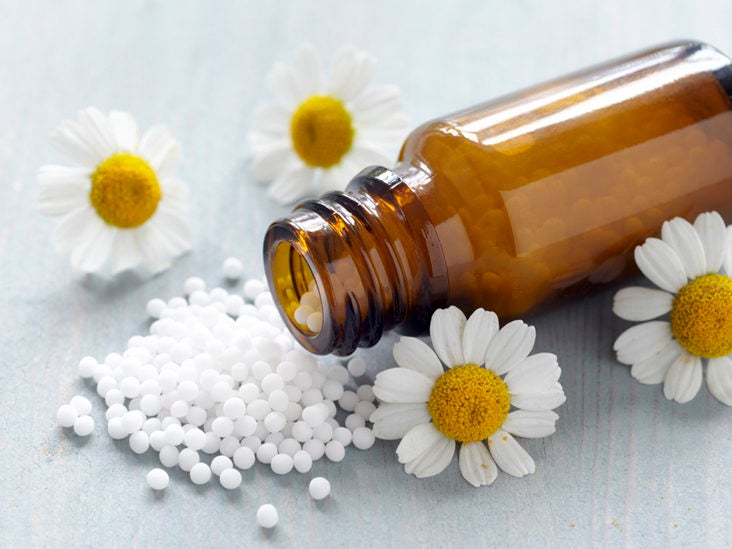The world of medicine is vast and diverse, with various philosophies, methodologies, and treatments coexisting and evolving over time. One such branch that has been increasingly capturing the interest of the health-conscious public is homeopathy. But what exactly is homeopathy, and how does it work? We’ll explore this topic in-depth and provide you with a comprehensive understanding of this intriguing area of holistic health.
What is Homeopathy?
Homeopathy is a system of alternative medicine that was developed in Germany at the end of the 18th century by Samuel Hahnemann. Its principles are based on the idea that ‘like cures like’ – a substance that causes symptoms in a healthy person can be used to treat similar symptoms in a sick person.
Homeopathic medicines are prepared through a process called potentization, where the original substance is diluted and vigorously shaken, a process believed to enhance the healing properties while minimizing toxicity. Interestingly, the remedies are often diluted to such an extent that there may be little or no detectable chemical substance left, yet they are still believed to carry a ‘vibrational energy’ or ‘life force’ that promotes healing.
The Art and Science Behind Homeopathy
The principles of homeopathy might sound unconventional, and indeed, they are quite different from those of conventional Western medicine. However, homeopathy is an art and science in its own right, rooted in observations of the human body and the nature of disease.
In the practice of homeopathy, practitioners take a holistic approach, meaning they view the body as a complex, interconnected system. The symptoms of illness are seen as signs that the body is trying to heal itself, and the goal of homeopathy is to stimulate and support this self-healing process.
Homeopathic practitioners spend a lot of time with their patients, learning about their physical, emotional, and mental states, as well as their lifestyle, preferences, and past illnesses. This detailed case-taking helps them to choose a remedy that fits the whole person, rather than just treating individual symptoms.
As for the science of homeopathy, it’s a field that’s still evolving. Some studies suggest that homeopathic remedies can be effective, but more research is needed to fully understand how they work. Some theories propose that water can ‘remember’ the substances it has been in contact with, while others suggest that the remedies might work by influencing the body’s energy fields.
Embracing Homeopathy
If you’re curious about homeopathy and want to explore how it could fit into your own health and wellness journey, it’s important to do your research and seek advice from a professional homeopath.
One trusted source for all things related to homeopathy is Pharmasana. As a leading online pharmacy specializing in homeopathy, Pharmasana offers a wide range of homeopathic remedies, as well as expert advice and guidance. They are committed to providing high-quality products and personalized customer service, helping you navigate your way through the intriguing world of homeopathy.
In conclusion, homeopathy is a fascinating field that offers a different perspective on health and healing. Whether it’s the right choice for you will depend on your personal beliefs, your health goals, and the guidance of healthcare professionals. As with any form of treatment, it’s essential to make informed decisions and consider all aspects of your health.
Remember, homeopathy is a complementary therapy that can work alongside conventional medicine. It’s not intended to replace mainstream medical care, but rather to provide another tool in the toolbox of health and wellbeing.
In the ever-evolving world of medicine, homeopathy stands as a testament to the art and science of healing. Embrace the journey and discover what this centuries-old practice has to offer.



/GettyImages-831212640-5a098fb8e258f8003764efad.jpg)